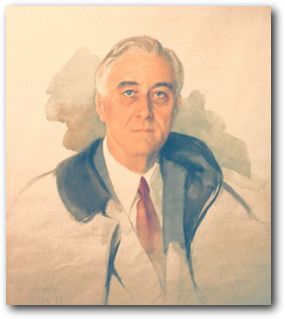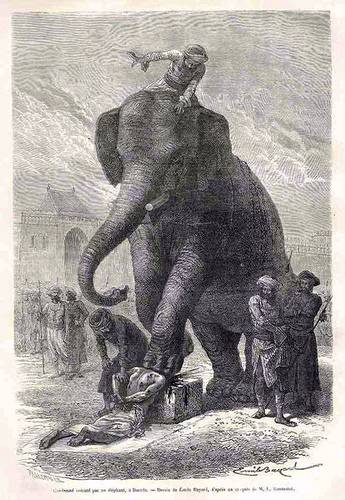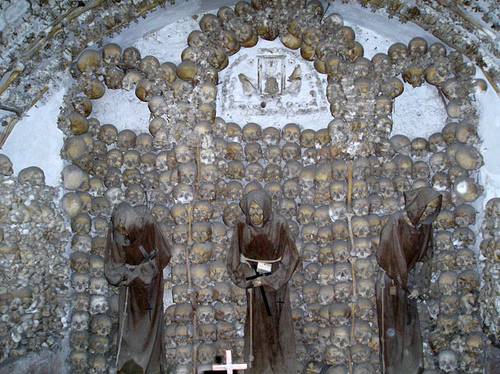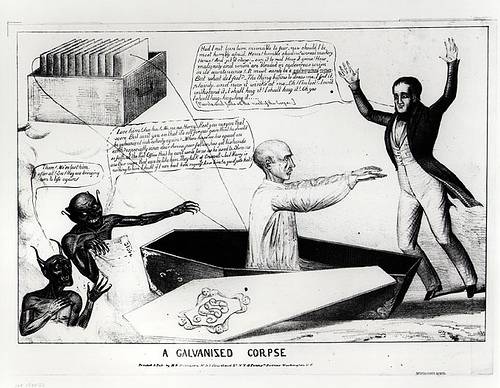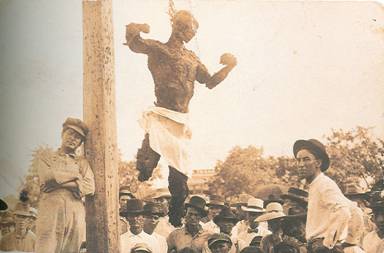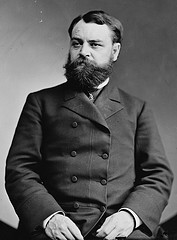
Abraham Lincoln’s son Robert seemed to carry an odd curse — he was present or nearby at three successive presidential assassinations:
- On April 14, 1865, his parents invited him to accompany them to Ford’s Theater. He remained at the White House and heard of his father’s death near midnight.
- On July 2, 1881, he was an eyewitness to Garfield’s assassination at Washington’s Sixth Street Train Station.
- On Sept. 6, 1901, he was present at the Pan-American Exposition in Buffalo, N.Y., when McKinley was shot.
In 1863, a stranger saved his life in a Jersey City train station. The stranger was Edwin Booth — the brother of John Wilkes Booth, his father’s future assassin.

